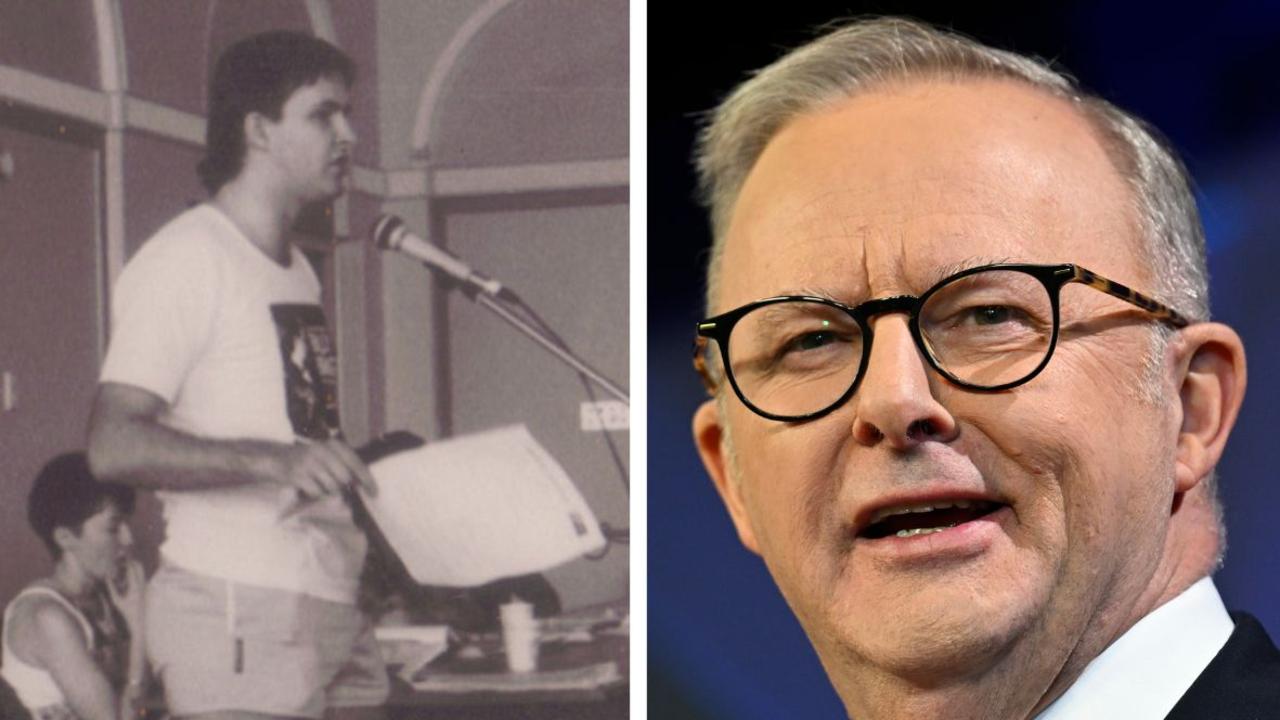World dictators seem to be changing their attitudes towards the US under Trump
SINCE the US election, some of the world’s most ruthless leaders have had a surprising response to Trump. Experts tip disaster.
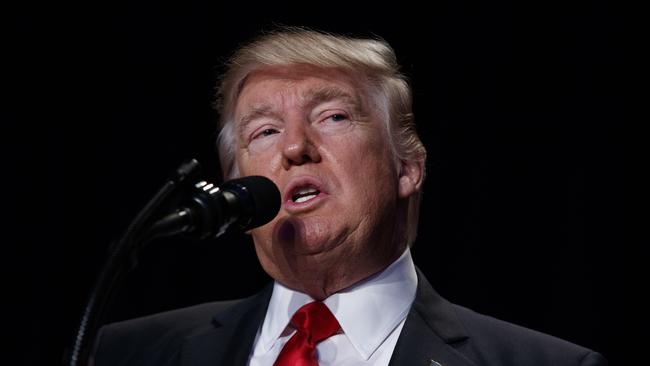
A NUMBER of world dictators appear to be changing tune towards the United States under its new leader.
Suddenly, leaders who have previously expressed nothing but contempt for the US are showcasing a desire to engage rather than intimidate or retract, and establish common ground with President Donald Trump.
The New York Times suggests some of the world’s most brutal autocrats could be welcoming the rise of Mr Trump as a chance to avoid being held accountable for their authoritarian tendencies and poor human rights records.
Others, it says, may wish to forge new alliances and a new geopolitical order, which could effectively restructure the world as we know it.
“Many appear to see a Trump presidency as an opportunity to engage with a like-minded leader who has stated nationalist aims,” the article states. “Others may hope for respite from criticism over their human rights records or authoritarian tendencies.”
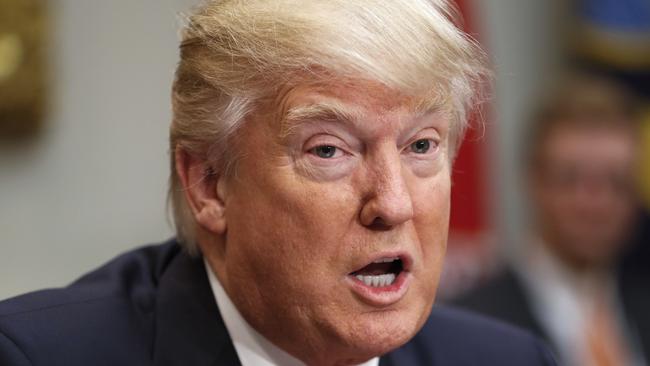
Mr Trump already has a history of praising harsh dictators — both dead and alive.
In 2015, he said the Middle East would “100 per cent” have been better today if Libyan dictator Muammar al-Gaddafi and Iraqi dictator Saddam Hussein were still in power.
Later that year, he said Syrian President Bashar al-Assad is “getting an A in terms of leadership”, comparing his leadership favourably with that of Barack Obama.
He even once retweeted a Mussolini quote.
"@ilduce2016: “It is better to live one day as a lion than 100 years as a sheep.†– @realDonaldTrump #MakeAmericaGreatAgain"
— Donald J. Trump (@realDonaldTrump) February 28, 2016
Evidently some of the world’s more hostile global figures see this as a positive thing.
They seem more keen to collaborate with the US leader and get on his good side — even those who were contemptuous of him when he was considered unlikely to win.
Writing in The Guardian, historian Timothy Garton Ash said Mr Trump’s election win signifies he now joins “a score of other nationalist leaders around the globe”, saying “the nationalists are giving one another the Trumpian thumbs-up across the seas”.
With this, he warned the West is basically eroding its own power — ultimately warning that “we are in for a dangerous, rough ride over the next few years, and we’d better be ready for it”.
So who are these non-western leaders taking an interest in Mr Trump?
VLADIMIR PUTIN (RUSSIA)
The seemingly-cozy relationship between Mr Trump and Vladimir Putin has been well-documented over the past two years.
Throughout the election, the pair frequently exchanged compliments and expressed visions of a mutually-agreeable future, bonding over their shared interests in their own countries and power.
Mr Putin first praised the US President publicly back in 2015, describing him as “talented” and the “absolute leader” in the GOP race for the White House.
Mr Trump has in turn described the Russian autocrat saying: “He’s running his country and at least he’s a leader, you know, unlike what we have in this country. I think our country does plenty of killing also.”
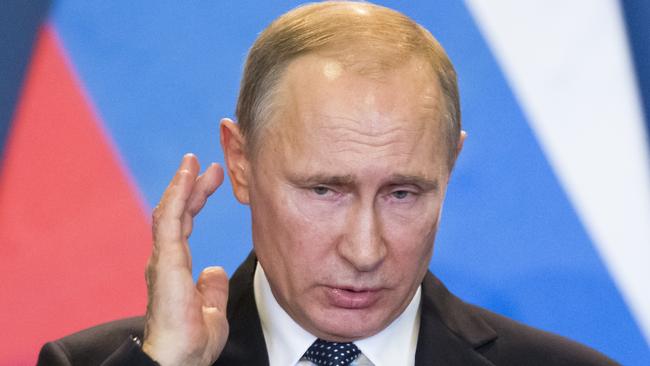
After the election, Mr Putin expressed an interest in a form of Russia-US alliance, saying he hopes him and Mr Trump can “work together to lift Russian — US relations out of the current crisis”.
On November 14, the pair had a phone call. According to a Kremlin press release, during the call they “expressed support for active joint efforts to normalise relations and pursue constructive co-operation on the broadest possible range of issues”.
According to the Times, Mr Putin may see this relationship as a way to further Russian aims and build a new geopolitical order.
KIM JONG-UN (NORTH KOREA)
North Korea’s regime has declared itself a sworn enemy of America, and its leader Kim Jong-un has made numerous nuclear threats over the years.
Despite threatening the isolated country and describing its leader as a “maniac”, Mr Trump has expressed an interest in meeting Mr Kim.
He even once praised the swift way the dictator took power after his father’s death, saying he deserves “credit” for that.
“You’ve got to give him credit. How many young guys — he was like 26 or 25 when his father died — take over these tough generals, and all of a sudden ... he goes in, he takes over, and he’s the boss,” Mr Trump said. “It’s incredible. He wiped out the uncle, he wiped out this one, that one. I mean this guy doesn’t play games. And we can’t play games with him.”
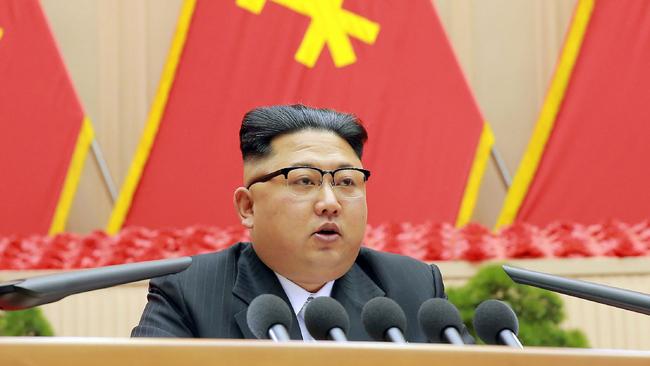
Now, Mr Kim is apparently experiencing a change of heart towards his country’s relations with the US.
According to The Yong Ho, the most senior North Korean diplomat to defect in almost two decades, Mr Kim wishes to have a civil conversation with the US President and potentially work together.
That said that after his initial surprise that Mr Trump won, Mr Kim now sees it as “a good opportunity for him to open a kind of compromise with the new American administration”.
Not even Chinese President Xi Jinping or Russian President Putin have met with Mr Kim, and the US does not officially recognise North Korea as a state.
Mr Trump has been urged to make North Korean human rights a key part of his policy going forward, but his plan here remains unknown.
RODRIGO DUTERTE (PHILIPPINES)
Rodrigo Duterte — also known as The Punisher — cast the future of traditionally strong US-Philippines relations into doubt when he came to power.
He was openly critical of the Obama administration, described the former US leader as “a son of a wh*re” and publicly allied himself with China and Russia on the South China Sea.
He publicly announced his “separation” from the US last year, saying a three-way alliance with China and Russia is “the only way”.
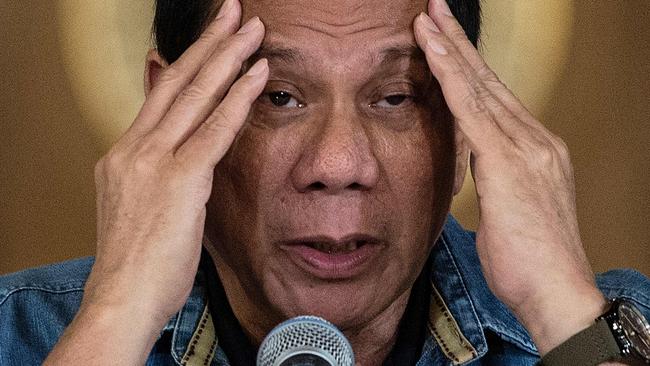
But since Mr Trump came to power, Mr Duterte seems to have taken a positive step back towards the US.
He acknowledged he called Mr Trump following his election win, and sang him glowing praises.
“I said, ‘Mr. President, this is President Duterte. May I be privileged to congratulate you?’”
At the birthday party of Philippine National Police chief Ronald deal Rosa, Mr Duterte said of Mr Trump: “He is a billionaire. His wife is very beautiful. I envy him.
“If you’re a billionaire, you speak like that, you became a president, and you have a beautiful wife, then you’re like in heaven already. That’s his edge over me.”
He’s praised Mr Trump’s tough stance, saying: “Look at his inaugural speech. He will stop drugs. We’re no different,” he said, implying the US had its own problem with illegal drugs. “He’s also tough. He will also kill you.”
RECEP TAYYIP ERDOGAN (TURKEY)
President Recep Tayyip Erdogan is the controversial leader of Turkey.
He arrested and fired more than 100,000 opponents to his leadership and jailed 40,000 more following a military coup midway through last year. He’s also jailed more journalists than any other leader over the past year.
When Mr Trump first proposed his Muslim ban during his presidential campaign, Turkey’s President Recep Tayyip Erdogan responded with outrage.
He demanded Mr Trump’s name be removed from Trump Towers Istanbul, blasting the then-candidate for having “no tolerance for Muslims in America”.
“They put that brand on his building and it must be swiftly taken down,” he said, according to the website of Turkey’s state broadcaster.
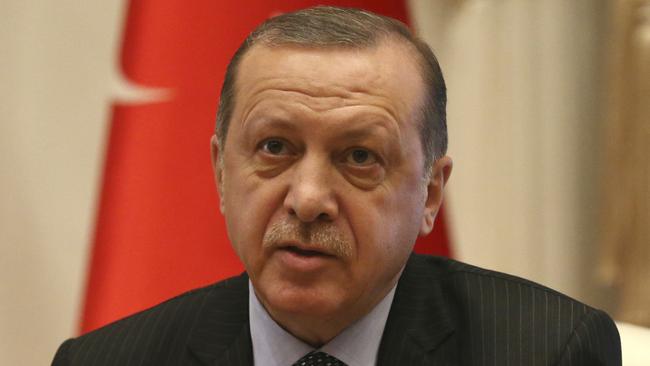
But Mr Erdogan, once a fierce critic of the Republican billionaire, appears to have changed his tune since November.
Earlier this month, he said he believes Turkey’s dialogue with the United States will gain pace under Mr Trump’s presidency and they will reach a consensus on regional issues.
“I believe we will accelerate dialogue when Mr Trump takes office. I believe we will reach a consensus with Mr Trump, particularly on regional issues, and make rapid headway,” he told Turkish ambassadors gathered in Ankara.
While he did describe Mr Trump’s recent travel ban confirmation as “disturbing”, he just said Turkish authorities are “watching” his statements.
Oh, and the name of Trump Towers in Istanbul remains unchanged.
NURSULTAN A NAZARBAYEV (KAZAKHSTAN)
The Kazakhstan leader’s human rights record has been described as abysmal.
According to Human Rights Watch, the central Asian country “heavily restricts freedom of assembly, speech, and religion, and torture remains a serious problem”.
The human rights organisation describes Mr Nazarbayev’s rule as “heavy-handed”, criticising highly-restricted media freedoms, the pressing issue of torture and a poor record on civil and workers’ rights.
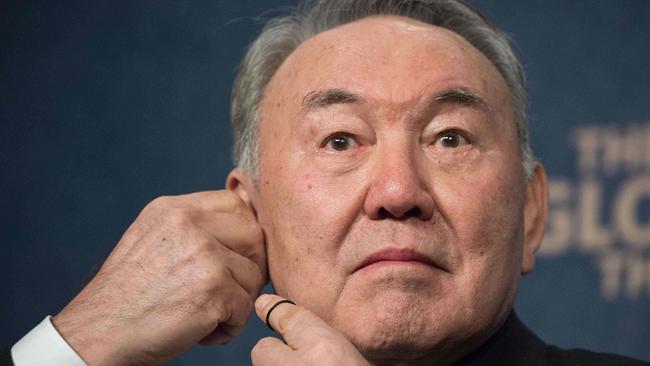
Despite this, Mr Nazarbayev claimed Mr Trump called him in December to say he’d accomplished a “miracle” over his 25 years of governance.
“U.S. president-elect brought congratulations to the Head of State on the 25th anniversary of Kazakhstan’s Independence,” the Kazakh presidential press office’s readout said.
“D. Trump stressed that under the leadership of Nursultan Nazarbayev our country over the years of Independence had achieved fantastic success that can be called a ‘miracle.’”
The Trump administration did not acknowledge the term “miracle”, simply saying the pair had “addressed the importance of strengthening regional partnerships”.
The Times suggested Mr Trump’s presidency could provide a respite from criticism for governments like Mr Nazarbayev’s.
But that also depends on how long the cosiness lasts, and whether these warm relationships are sustainable or not is yet to be seen.



